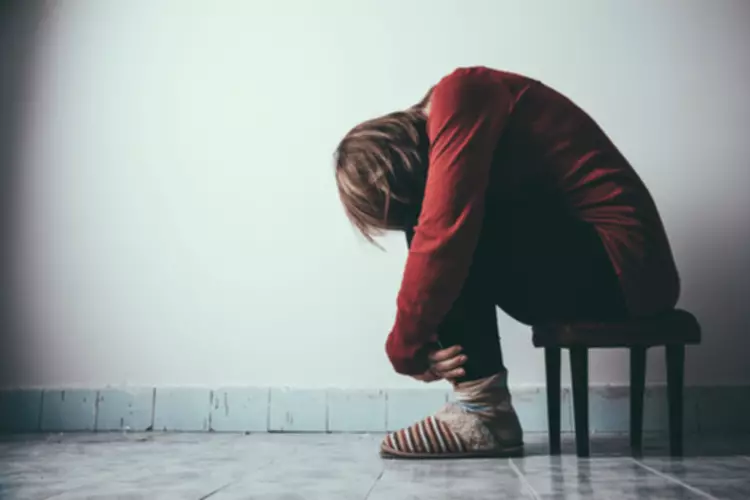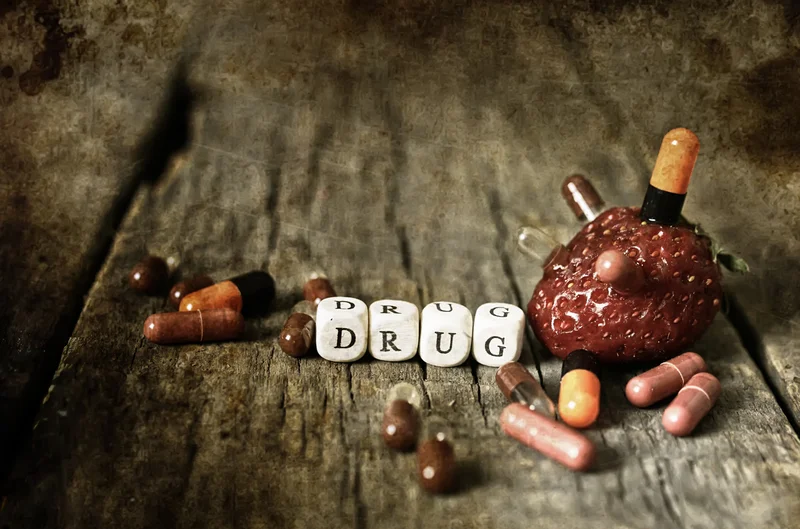
High alcohol consumption can lead to insulin resistance, leading to higher blood sugar and increased fat storage — especially around the midsection. Other types of alcohol like spirits and wine have fewer calories per standard drink than beer. This means they may be less likely to cause weight gain and alcoholism symptoms belly fat. But ignoring these factors almost guarantees gradual weight creep fueled by empty liquid calories disguised as fun times out or at home. Yes, alcohol is often consumed with high-calorie meals or snacks, compounding total calorie intake.
Alcohol Affects the Body’s Fat-Burning Capability

The study proved the people taking up to 7 drinks a week had a reduced risk of heart failure relative to abstainers (3). This is from the fact that moderate drinking reduces overall mortality mainly by reducing the risk reduction of cardiovascular outcomes, particularly those related to coronary artery disease. Beer, wine, and spirits don’t contain any nutrients, so they either add calories to the diet without any benefits or replace food or drink that do contain nutrients. You’ll notice inches coming off your stomach probably before the weight on the scale goes down. This is because you could be burning belly fat but offsetting some weight by gaining lean muscle. Be sure to use a tape measure to measure the circumference of your wine belly and to track your results.
Are Calories from Alcohol Considered “Empty” and Do They Cause Weight Gain?
Drinking under emotional stress elevates cortisol levels (the stress hormone), which promotes abdominal fat storage especially around vital organs. Weight management boils down to energy balance—the relationship between calories consumed versus calories burned through basal metabolism and physical activity. Alcohol complicates this balance by adding non-nutritive calories that your body prioritizes metabolizing first.

Keeping healthy
There seems to be SO MUCH contradictory information on whether this works with alcohol, but from what I can understand, the consensus is it kind of does, but partially (?). Long story short, you must account for your drinks if you’re counting calories. If you’re eating junk food, those carbohydrates will also hold onto water, making you gain even more weight.
- The body converts alcohol into acetaldehyde to minimize its toxicity.
- Like us at Aaptiv, she has a heart for running 5-10Ks, lifting weights, and hiking (which, wouldn’t we all if we lived near LA?).
- Usually, we might know not to eat greasy food late at night, when our metabolism is the slowest.
- Stouts and ales can be as calorific as a whole bagel (around 250 calories) and a pint of cider can contain as many calories as a sugared doughnut (around 216 calories).
- Researchers are still trying to understand precisely what role red wine plays in overall health.19 And don’t forget, red wine is still calorie-dense, which can impede your weight loss efforts.
- It’s not just you; many people experience temporary weight gain after consuming alcohol.
- The biological mechanisms that happen once you drink alcohol can hinder fat burning in your body.
- Since the Middle Ages, doctors have told older people who often lose their appetites to drink a glass of wine before dinner.
- Alcohol consumption isn’t as black and white for weight loss and weight gain.
So I have a rule that if it’s in the house, you will end up eating it. Avoid cheaper $10 wines since they usually contain added sugars to improve flavor. The wine producers also add artificial acids to balance the sugars, making it hard to tell. Cutting back on your frequency can help flatten out the wine tummy.17 Instead of drinking every night, try skipping a few nights here and there. Limiting frequency can be easier for many since you won’t be tempted to keep drinking wine after having a glass.
Table of Contents
In a study published in 2018, people who stopped drinking lost 1.6% more weight than those who did not change their alcohol intake. Still, the researchers noted that more research is needed to understand how eliminating or limiting alcohol intake affects weight loss. How long bloating and other symptoms after drinking alcohol will depend on how many drinks one had and what they were.

This is because alcohol impairs your judgment; hence you can’t see things as they really are. Apart from affecting your judgment, alcohol is likely to make you doze off, which can also cause accidents on the road. In order to enjoy more of the benefits than the risks, scientists and health experts across the globe recommend drinking whiskey in small amounts or moderation. There are some ways to reduce bloating, but individual results will vary. It’s important to monitor drinking behavior and consider how it affects health, relationships, and work or school. These does alcohol make you gain weight fast tactics don’t guarantee zero weight gain but do help manage risks so you can enjoy social occasions without compromising health goals drastically.
